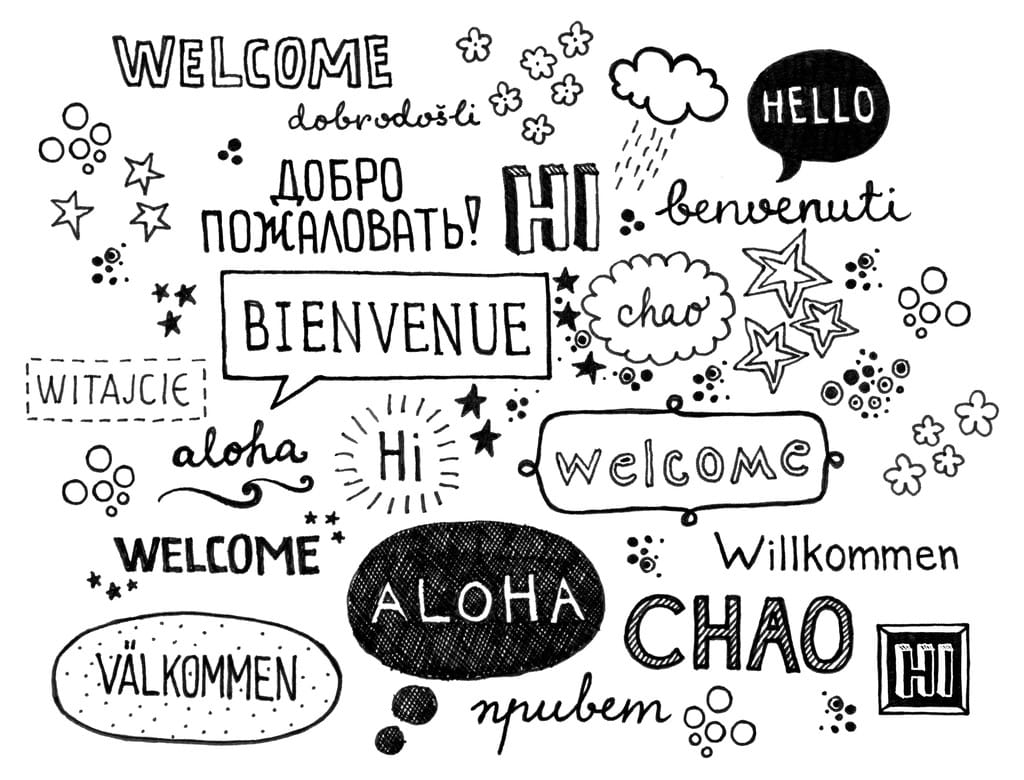As a Latin teacher and Classical philologist, I can tell you that the more languages you learn, the more you train your mind to see linguistic connections. Your brain will compare one language to another while learning a new language and see the similarities and differences between them, thereby making it easier to learn that third, fourth, or fifth language. Like I tell my Latin students, once you know Latin, it becomes much easier to learn the Romance languages derived from Latin–Spanish, French, Romanian, and Italian, for example—because you can see how a word in one language—for instance, Spanish—is derived from a word in Latin.
Besides the training of the mind, studying languages gives you the ability to communicate with people who speak those languages. It makes you a globally-minded person with a greater perspective on how culture, language, and history are connected for people all over the world. It provides insight on the basic human need for expression of ideas through language as well.
In a similar vein, studying languages opens up a world of opportunities to travel and study abroad in regions of the world where these languages are spoken. Such enrichment opportunities broaden your intellectual horizons and add another dimension to your educational experiences. You will have unique stories to share with others when you return from your trip that can inspire other scholars to study languages as well.
Finally, if you want to be of service or help others who cannot speak or understand a certain language, you can serve as translator for them. Your knowledge of languages can allow you to be the hero of someone else’s life, or it can make you a great asset to a business or company.
So, to quote Quintus Horatius Flaccus in his Odes 1.11: “carpe diem!” (seize the day!). The earlier you start with learning languages, the easier it will be and the more you will learn. I promise that it will be a meaningful journey.
This blog post was contributed by Raffaella Dietz, Latin teacher at the Mesa campus.










